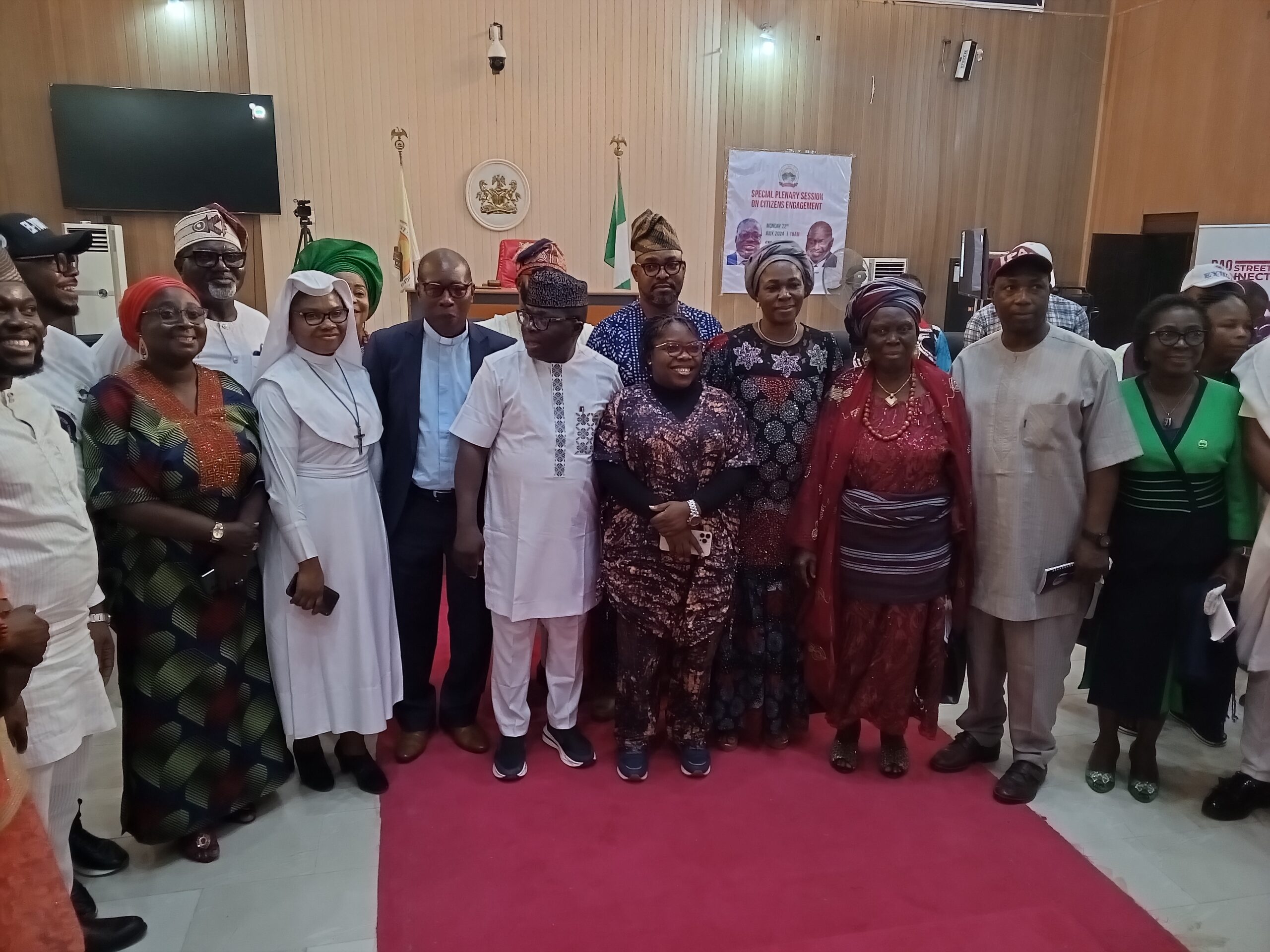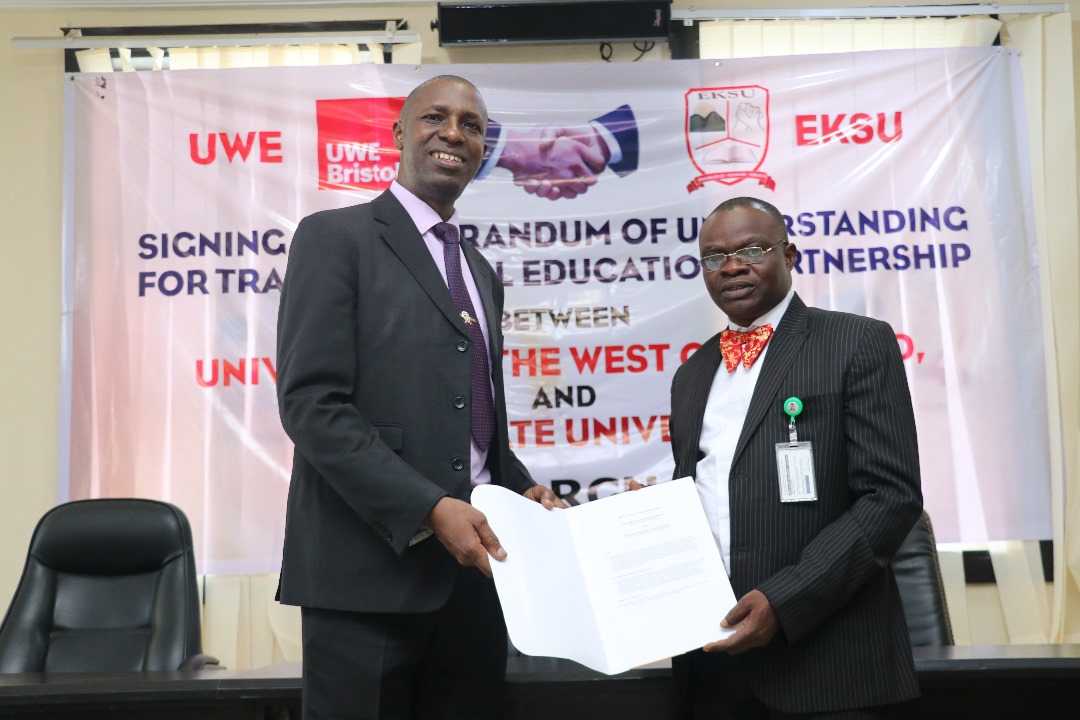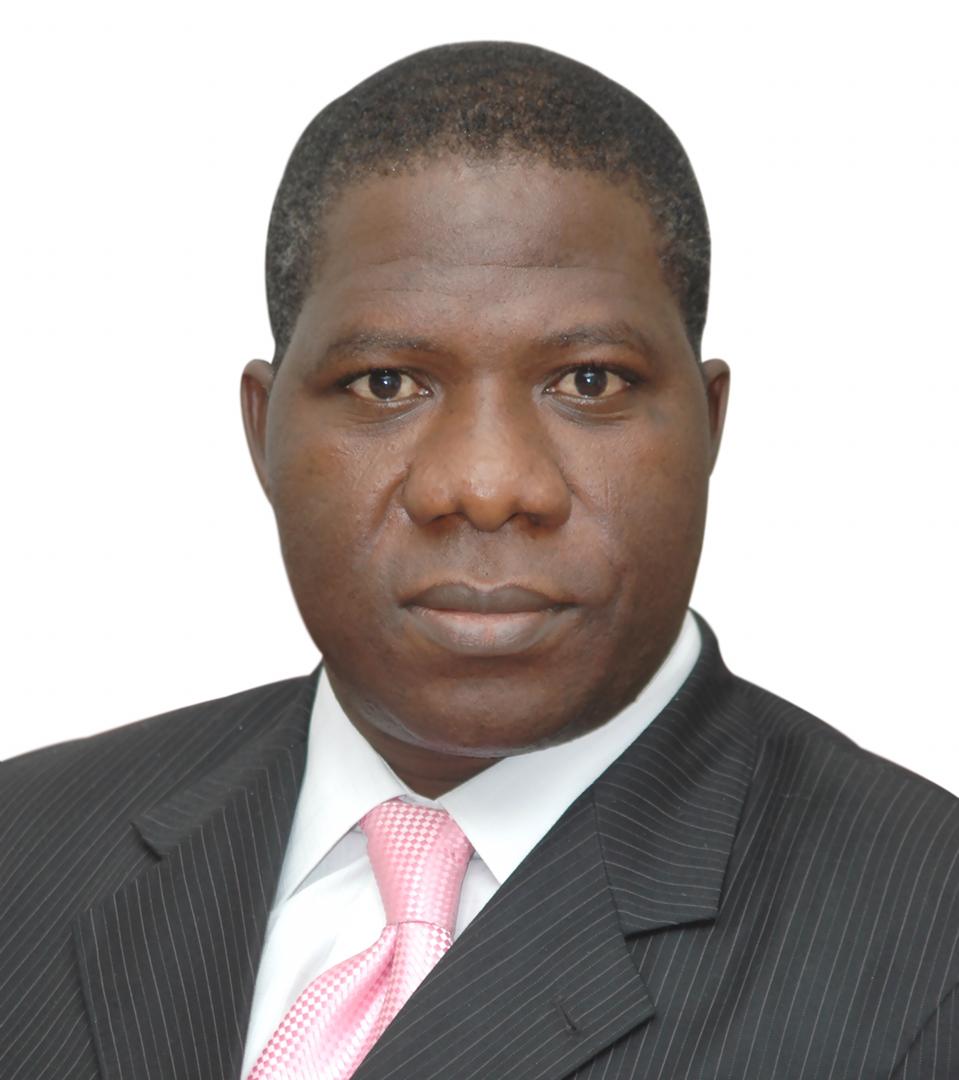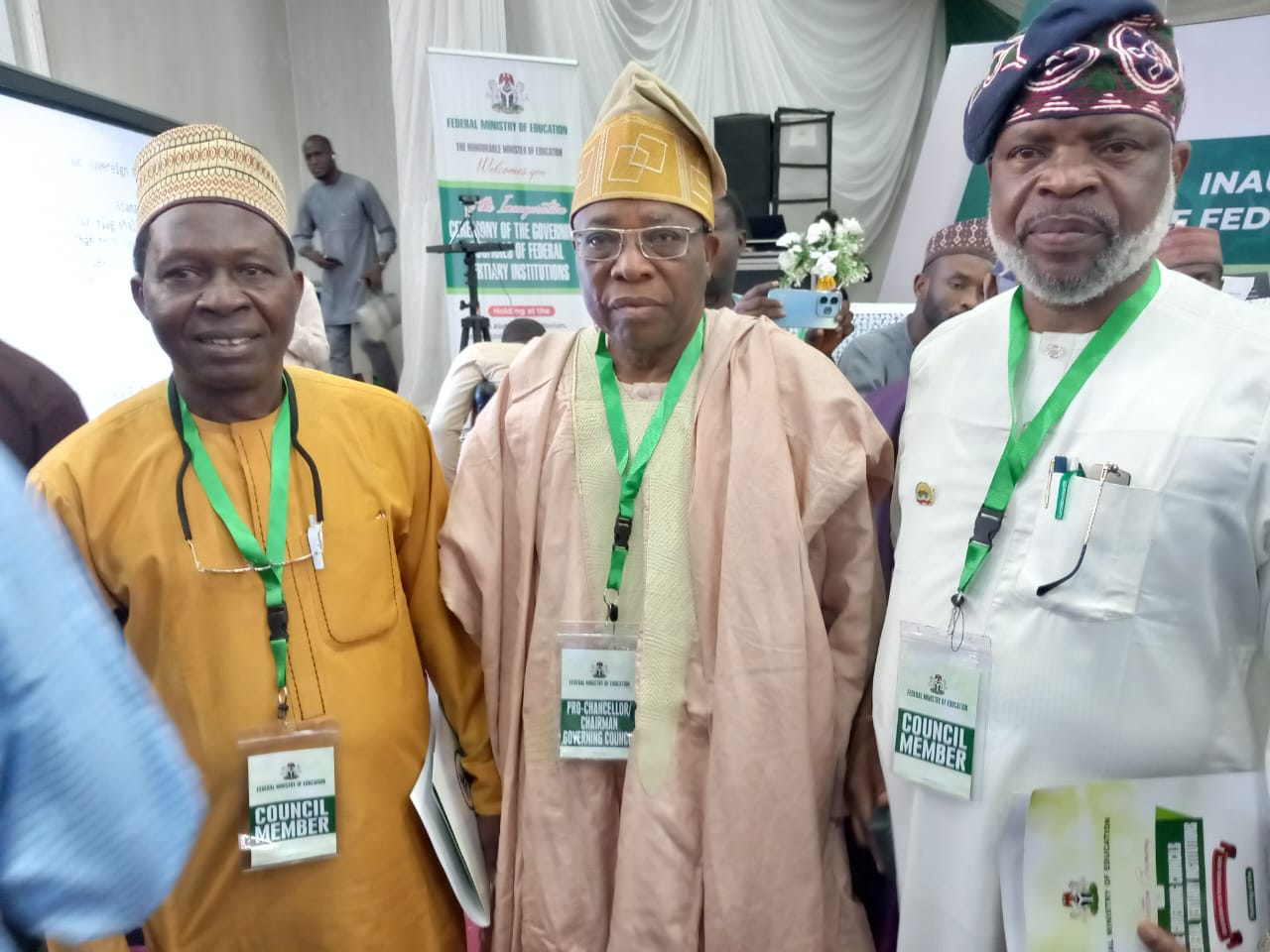“The essence of the research is to bring government closer to the grassroots by making the people decide on what they would want government to do for them”
By Nudoiba Ojen
AGRICULTURAL projects, construction of roads and skills acquisition/empowerment for women top the priority demands of Ekiti people in a needs assessment research carried out by by the Justice, Development and Peace Initiative (JDPI).
JDPI, a non governmental organisation of the Catholic Diocese of Ekiti, having conducted the research on the needs of Ekiti people across the 177 political wards and 16 local government areas across four sectors, presented its report during a Citizens’ Engagement programme which held at Ekiti State House of Assembly.

The Citizens’ Engagement programme, organized by the House of Assembly in collaboration with the state Office of Community Communications and JDPI, had in attendance stakeholders including traditional rulers, religious leaders, local government functionaries, artisans, marketmen and women, women leaders and the private sector
The Director of JDPI, Rev. Fr Emmanuel Akingbade, said the essence of the research was “to bring government closer to the grassroots by making the people decide on what they would want government to do for them”, for inclusion in government action plans.
Akingbade said, “In the score, what seems to be the yearning of the majority of people is action on agriculture; for women, almost 98 per cent of the respondents will want government to focus on skills acquisition for women.

“Then for the youth, the trend is very alarming, most of the youth would want appointments into political offices. I am persuaded that the younger ones need to be properly oriented such that the trend on survival of an average youth depending on political appointment needs to be critically looked at”.
The cleric said, “In terms of what they will want government to do for them, some communities prioritized roads, some communities prioritized electricity and some prioritized water.
“In terms of the sectors that they would want government to focus on, most of the communities would want government to focus on agriculture and one or two local governments would want government to focus on education and entrepreneurship,” he said.

The Speaker, Ekiti State House of Assembly, Adeoye Aribasoye, said that the report of the JDPI on the needs of Ekiti residents is a challenge to the state government during budgeting appropriation and policy formulation and implementation.
Aribasoye, said, “What JDPI did was a research to understand the needs of Ekiti people particularly community by community in each of the 16 councils of the state. They want us to know the direction of policy formulation and budgeting in Ekiti State. They looked at sector by sector and as well needs of women and youth.
“What we have been able to see today is that majority of the people in Ekiti State are clamouring for roads, some are asking for electricity, water. This means that as a House, during appropriation, we should ensure that what the ministries are budgeting meets the needs of the particularly areas.

“It challenges us to look at the local governments too because local governments have their budgets; to ensure that each of the local governments, whatever they are doing, keys into the people key priority needs.
“Stakeholders are here to also ascertain that what JDPI has done actually is a true reflection of their needs. Government functionaries are here to also know the key areas of the needs of the people so that that will help them in policy formulation and policy implementation,” the Speaker said.
The Director General, Office of Community Communications, Mrs Mary Oso-Omotoso, who said a follow-up assessment from her office confirmed the JDPI report as the people’s needs, hailed the Catholic organisation for the effort and contribution to development.

Oso-Omotoso said, “On our part as government, we are going to sit down and tailor our own policies, our decisions including our development strategies and grassroot engagement towards the report and the needs of the people”.
She said that comments were being taken from the stakeholders in attendance to validate the report.
The DG hailed Governor Biodun Oyebanji for his “belief in transparency, openness and inclusivity. He has mandated that we have this engagement with the key people from different sectors of the economy across communities in Ekiti State”.




